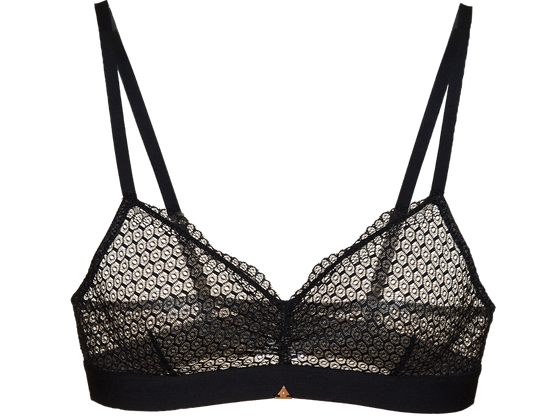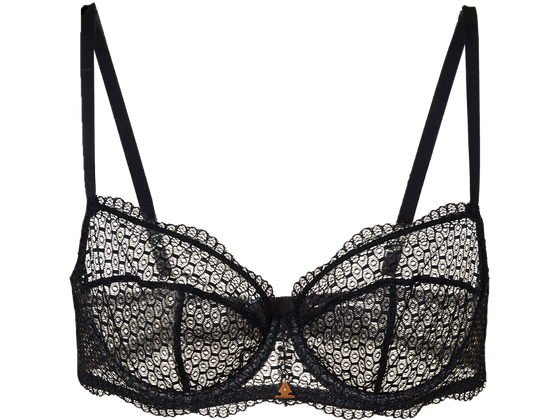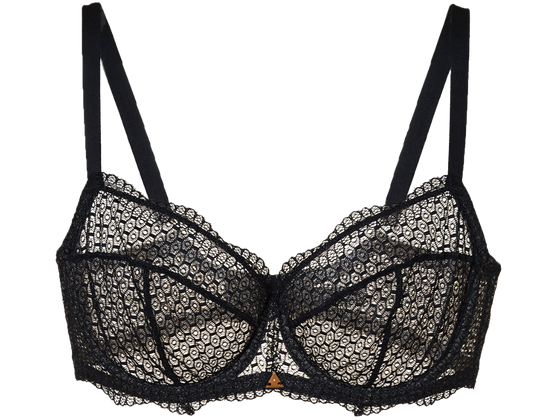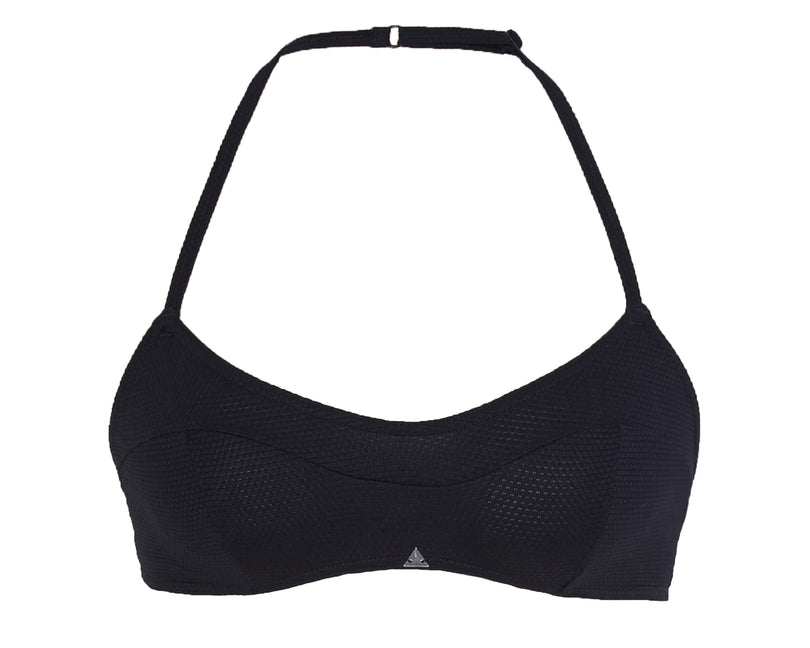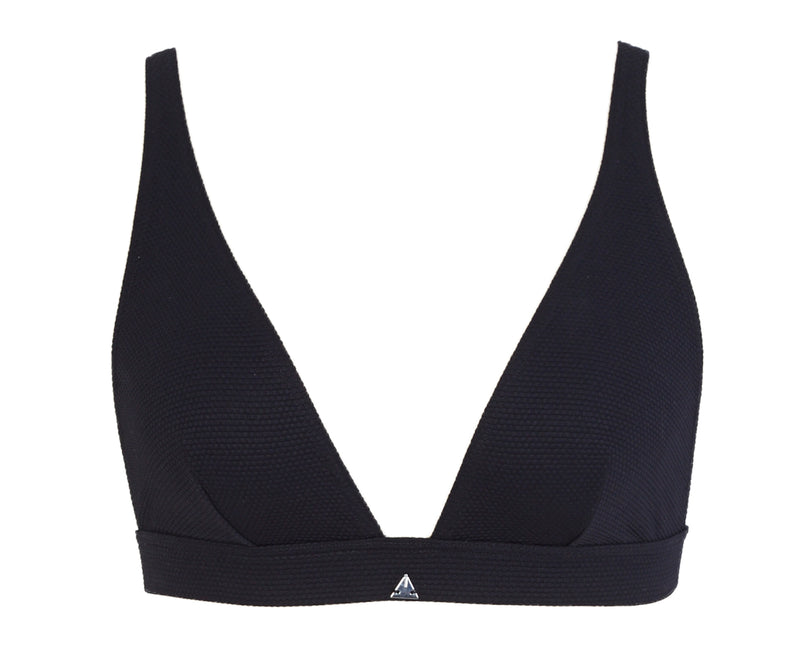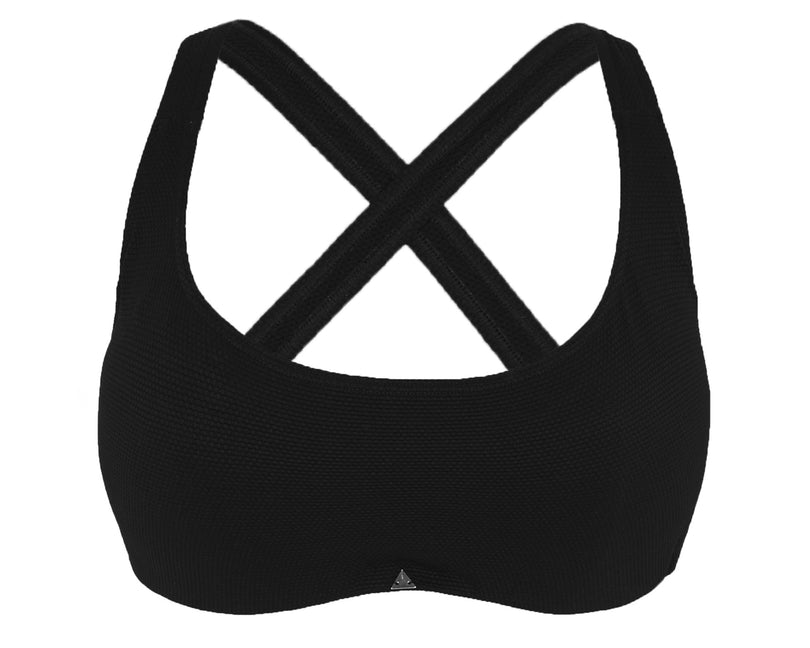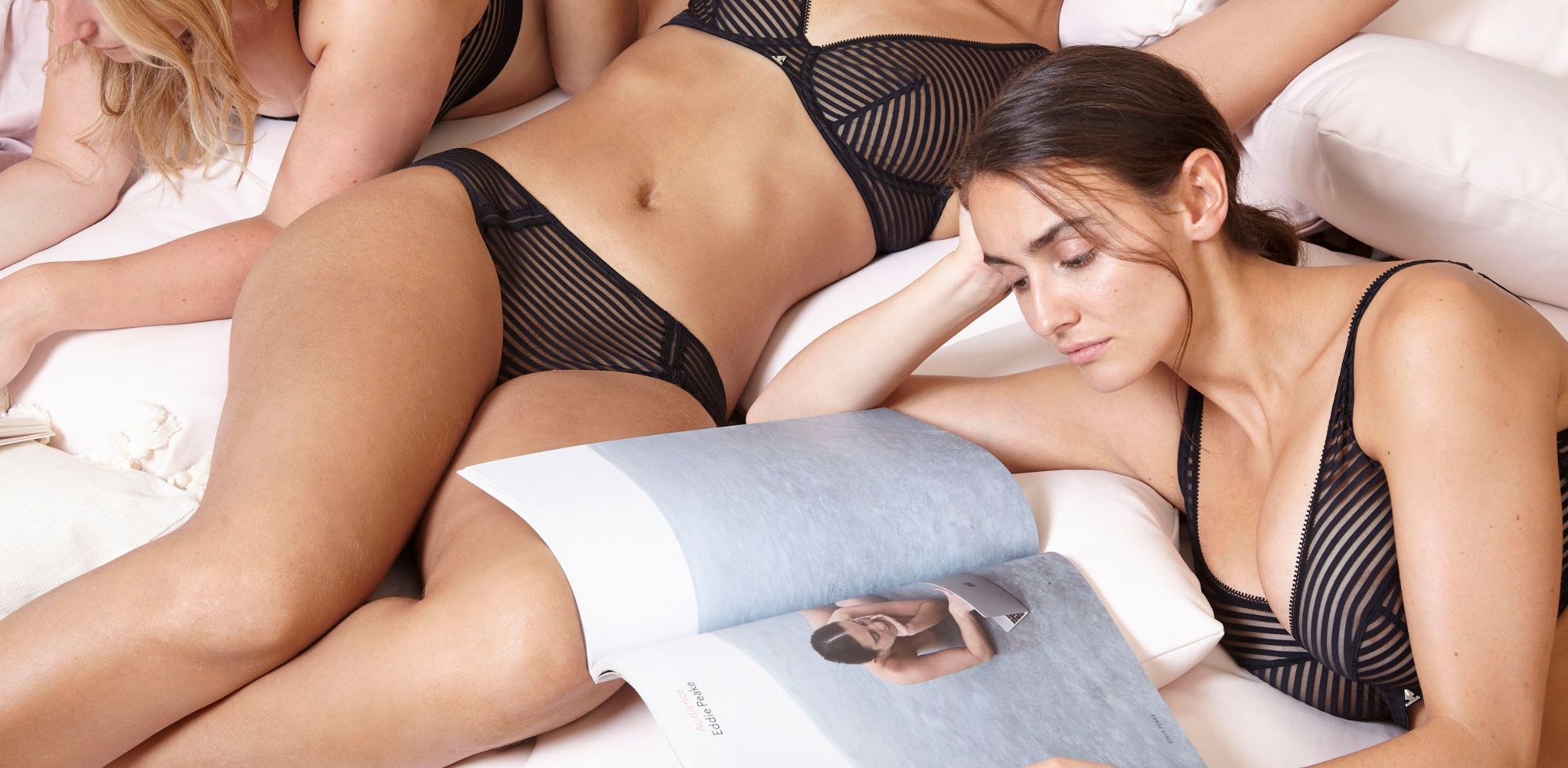By Naomi Attwood
Why do we mark International Women’s Month? Is it so you can get 20% off your favourite fast fashion brand? Or for the chance to post pictures of our female friends on Instagram? (surely that’s every day). Or is it to highlight the fight for women’s economic, political and reproductive rights? IWM actually grew out of serious historical struggles, without which no woman today would have the right to fair pay for their work, to vote in elections and many other benefits some (but far from all) women enjoy today.
The first official International Women’s Day was in 1911, honoured in Austria, Denmark, Germany and Switzerland on 19th March. More than a million attended IWD rallies campaigning for women's rights to work, vote, be trained, to hold public office and end discrimination. Women’s movements in other countries leading up to this day included women marching through New York City demanding shorter hours, better pay and voting rights; Russian women using collective action for peace ahead of the First World War, then in 1917 Russian women striking for "bread and peace" in response to the death of over two million Russian soldiers in the war. They won this battle when the Czar was forced to abdicate and the provisional government granted women the right to vote. In 1918, direct action and campaigning by the Suffragettes in the UK resulted in a change to British law to allow women to vote. With so many movements in different countries, the UN adopted the day in 1975. Then in December 1977, the General Assembly adopted a resolution proclaiming a United Nations Day for Women’s Rights and International Peace to be observed on any day of the year by Member States.
With so many movements in different countries, the UN adopted the day in 1975. Then in December 1977, the General Assembly adopted a resolution proclaiming a United Nations Day for Women’s Rights and International Peace to be observed on any day of the year by Member States.
International Women’s Month as we know it has been celebrated for the last 10 years or so, highlighting the widespread issues faced by modern women including the gender pay gap [women being paid less for the same work as men], which affects every country, and industry. Few countries globally have achieved equal representation at high levels of government or business. The issues facing women globally and in the UK in 2022 include;
The issues facing women globally and in the UK in 2022 include;
Safe passage for refugees from Ukraine and an end to the war. You can help Ukrainian refugees directly by supporting Refugease, Choose Love or The Red Cross to get urgent aid to those who need it most.
Make period products available for free in the UK. You can donate to Bloody Good Period to support those affected by period poverty in the UK.
Stop the advance of anti-abortion legislation in the USA – you can donate to Planned Parenthood here to fund their essential work.
Work to end the gender pay gap; It’s now more than 50 years since the Equal Pay Act came into force, but there is still a massive inequality between men’s and women’s pay and recent reports suggest it’s getting larger. Find out more at Close The Gap or follow The Gender Pay Gap @paygapapp on Twitter.
More education and programs for men and boys to end violence against women – to read more and for and the chance to sign up for workshops at Beyond Equality.
Sign up for our newsletter here! And, feel welcome to email us at fitexperts@beija.london for bra fit, styling and gifting advice.

